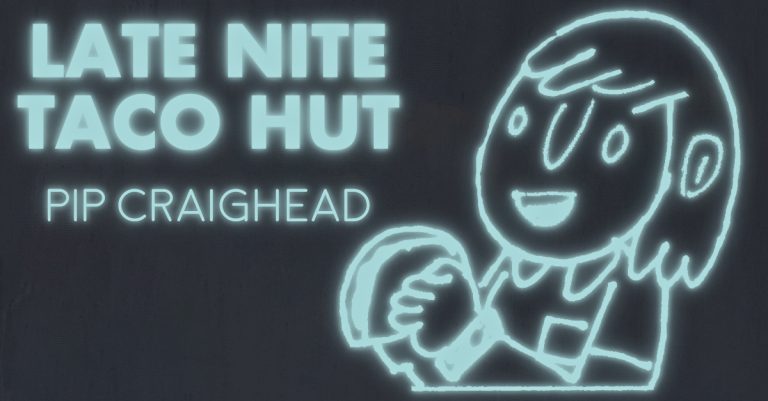
Archives

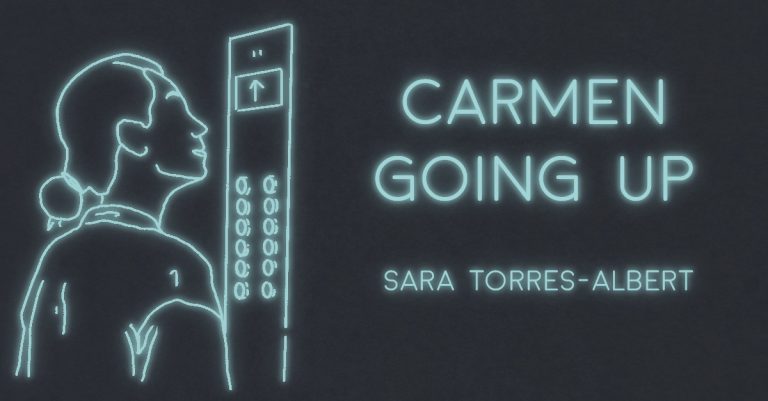
CARMEN GOING UP by Sara Torres-Albert
When the man from 10C did not say hello to Carmen in the elevator, it barely bothered her at all; she was decorated to her chin with packages—housewarming gifts from one friend or another—and probably looked too compromised for conversation
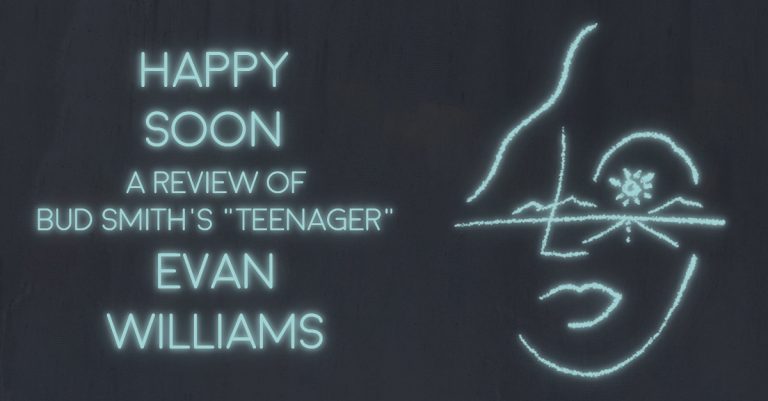
HAPPY SOON; A REVIEW OF BUD SMITH’S “TEENAGER” by Evan Williams
To be happy soon is to acknowledge that one is not happy now. It means to be in constant search for the conclusion of soon.
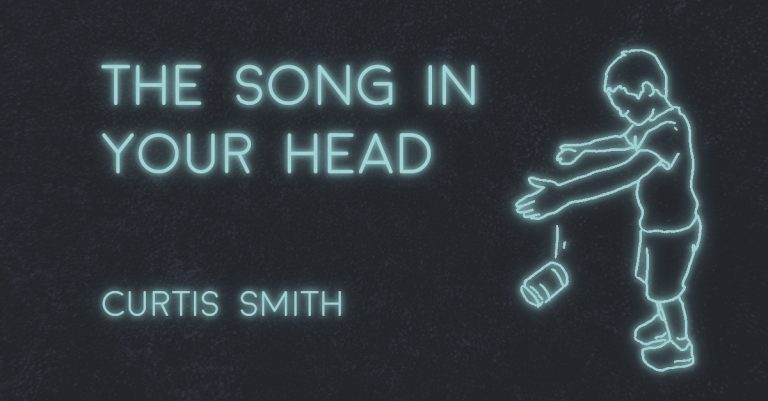
THE SONG IN YOUR HEAD by Curtis Smith
In you, the beating of wings, the ticking of clocks, a heart that’s limped through another day. In you, the swirl of a thousand words you’ve said and ten thousand you haven’t.
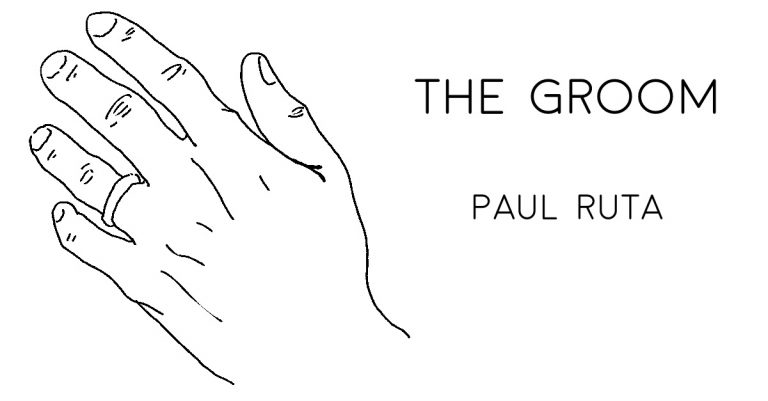
THE GROOM by Paul Ruta
I just work here, okay, so it weren’t my job to speak up when I dug the ring out of Prince’s hoof with my pick, packed into the groove there with the mud and manure. I stuck it in my pocket and said nothing cause they’d only take it away from me and they got no right. Anyhow it’s just a plain wedding band, but solid gold I reckon, so it’s gonna be worth something.
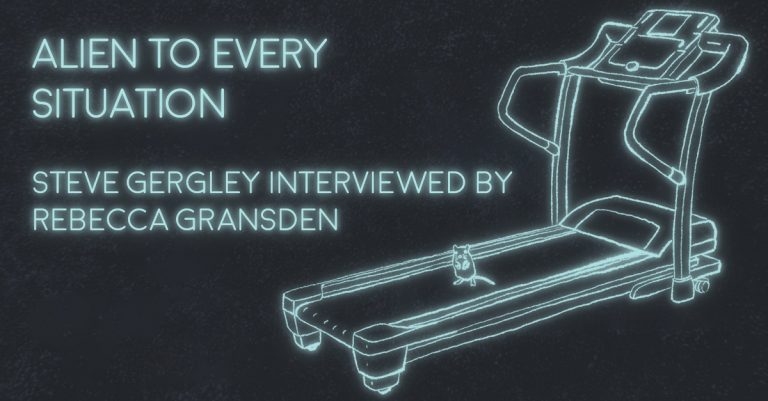
ALIEN TO EVERY SITUATION: Steve Gergley interviewed by Rebecca Gransden
Remember, writing is about self-expression and emotional communication, so just focus on yourself and don’t worry about what anyone else is doing.
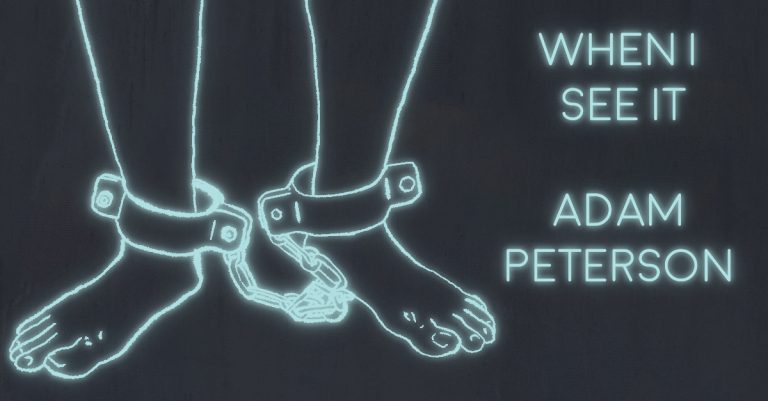
WHEN I SEE IT by Adam Peterson
There’s a man with stringy hair talking about sin, but he doesn’t actually commit any. Instead he promises us redemption and tell us which ex-wife we’ll still be married to in heaven.

A TOY, A TOOL, A LEVER: Rebecca Gransden interviews Kathe Koja
If anyone can be considered a psychonaut of literature it is Kathe Koja, a writer who utilizes prose to explore every altered state the page has to offer. With her latest project, Dark Factory, Koja enters the club scene, a place where mind-bending as old as licking a frog meets speed freak technology, and pagan archetypes dance with virtual avatars. I spoke with Koja about the sweet delirium of the project. * What attracted you to club culture for the world of Dark Factory? Everything I write starts with a character, and for Dark Factory, it’s Ari Regon—smiling, hyper-alive, throwing
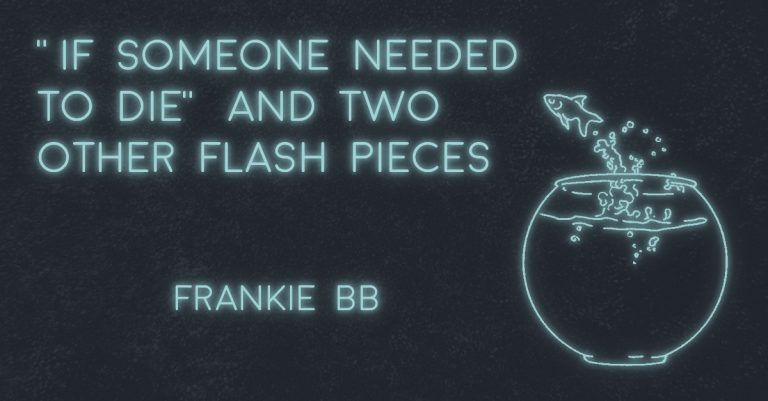
‘IF SOMEONE NEEDED TO DIE’ AND TWO OTHER FLASH PIECES by frankie bb
the night you kept getting higher and higher with someone else at the party, surrounded by all our friends, I jumped off a bridge—not to be melodramatic, just to show you I could have fun too.
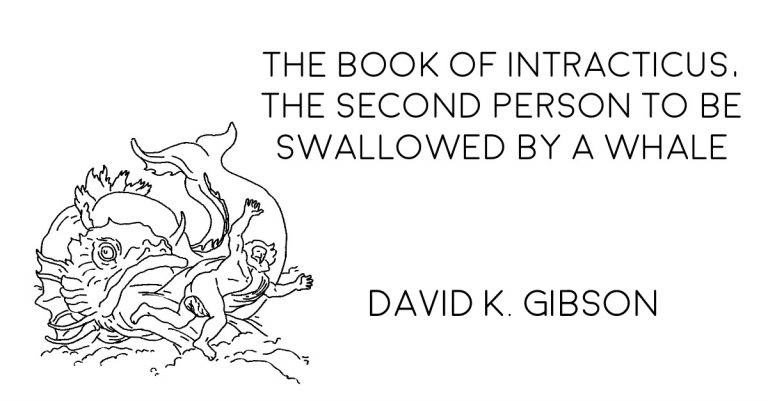
THE BOOK OF INTRACTICUS, THE SECOND PERSON TO BE SWALLOWED BY A WHALE by David K. Gibson
And lo, not fifteen minutes after the ship had cast off its ropes, a giant Phoenician dropped his last denarius into a brass bucket and Intracticus retired to the bar, where he proceeded to become loaded, even as unto the dice.
